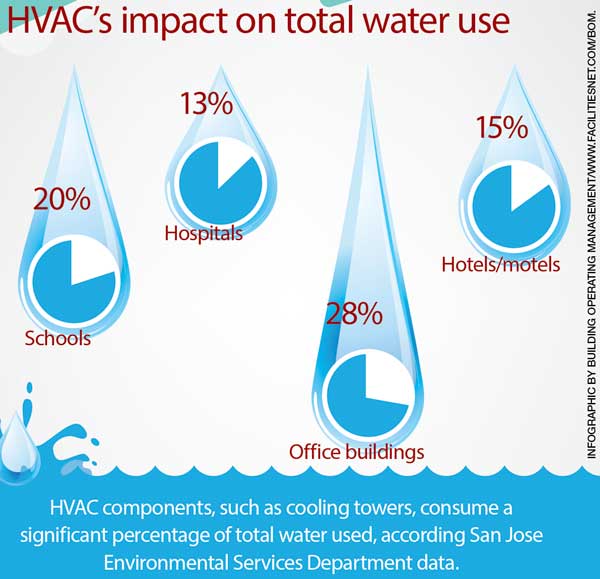Lots of house owners know with heating systems, which warm homes with oil or gas and press hot air via ductwork. They are relatively economical and can supply reliable home heating also throughout a winter season power failure.
However, they make use of fossil fuels and create carbon monoxide and various other air contamination. They also aren't as energy-efficient as a high-efficiency heatpump.
Price
Normally, heat pumps are extra cost effective to operate than furnaces. They typically use electrical energy and cooling agent to extract warm from exterior air, and afterwards move it right into your home. You can benefit from less costly electrical energy rates throughout off-peak hours to better reduce your home heating costs.
Unlike heat pumps, gas or wood-burning heaters use burning to generate warmth, sending out flue gases into the ambience that can be dangerous to your health and wellness. These heaters are likewise much less energy-efficient than heat pumps, and their higher operating costs can accumulate in time.
Heaters are more difficult than heatpump and call for routine upkeep to ensure the proper feature of all components. Despite this, they tend to last longer than heatpump with a normal lifespan of two decades or more. However, you'll require to consider the price of gas, gas oil or timber and the added devices needed for installation and operation such as ducts and air flow systems.
Power Effectiveness
Heatpump have a higher energy efficiency score than furnaces. These systems utilize electrical energy to scavenge warmth from the air, even in freezing temperatures. They can additionally get rid of excess warm from the home during warmer months and reuse it to cool down the system. https://dominickrlgav.tkzblog.com/29202119/exploring-the-environmental-advantages-of-warmth-pumps-a-lasting-home-heating-option can help you establish the best model for your home on environment and source energy costs.
Heaters burn gas oil, lp, natural gas or other types of nonrenewable fuel source to heat up the air in the home. This air is after that spread via ductwork making use of a huge follower. Heating systems create greenhouse gases and call for routine maintenance and equipment upgrades to make sure risk-free operation.
The greatest advantage of a furnace is that it can be run even in severe winter problems since it does not rely upon outside temperature levels to warm the air. Heating systems additionally have a longer life expectancy than heatpump and normally last 15 years. They can likewise be paired with twin gas alternatives, which select one of the most efficient heating choice based on the weather.
Environment
Heat pumps work well in moderate climates and utilize less source power than heaters. Nonetheless, if discover this info here is incredibly cold, you may need to invest in a standard gas furnace instead.
Furnaces offer cozy, cozy heat and typically supply fast home heating to elevate indoor temperatures. These systems can be used with a selection of fuel kinds, including natural gas, lp, oil or electrical energy.
They consume much more power than heat pumps-- approximately 3x as much-- and need ductwork that's pricey to mount or retrofit. They're additionally extra pricey to preserve, as they can trigger air quality issues and produce greenhouse gas emissions.
If you're committed to reducing your carbon impact, a heatpump is an excellent choice for your home. They have fewer greenhouse gas exhausts than furnaces, specifically if you select an ENERGY CELEBRITY ® heatpump. Your neighborhood Provider expert can explain the distinctions in between these 2 heating systems and assist you make the best choice for your one-of-a-kind requirements.
https://louisuncpc.blogdanica.com/29237657/are-warmth-pumps-the-most-effective-heating-and-cooling-option-for-your-home-a-relative-evaluation can be very power effective when powered by natural gas, propane or oil, yet they aren't as energy efficient as heatpump in cold environments. They can additionally be more expensive to install, needing gas lines and air flow systems.
Nonetheless, heaters tend to require less upkeep, which can lead to lower ongoing expenses. They create less greenhouse gases and are much more reliable than heat pumps throughout extreme weather.
Electric heat pumps are extra flexible in producing indoor comfort since they can likewise serve as air conditioners throughout warmer months. They can be easier to maintain, calling for only routine air filter changes and periodic vacuuming.
If you like the comfort of a solitary system that does it all, consider a crossbreed heating solution that pairs a furnace with an electrical heat pump. These systems can instantly change between both home heating options based on your home's demands and temperature level problems, making best use of effectiveness and cost savings.
